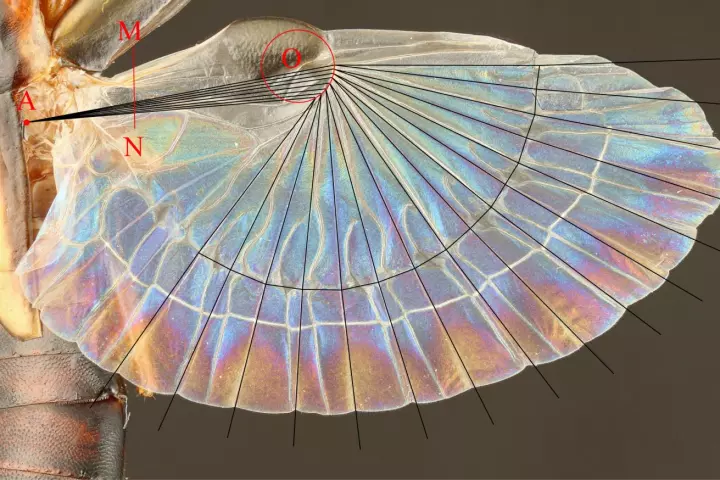Oxford University
-
A UK company says it's demonstrated fusion in record time, on a shoestring US$59 million budget, using an innovative new approach that embeds fuel pellets in tiny, falling cube targets, then shoots projectiles at them at 19 times the speed of sound.
-
Researchers at Oxford have developed a new smart window coating that can be tuned on the fly to emit or reflect heat from the Sun in different amounts, reducing the energy costs of heating and cooling by up to a third.
-
Cancer treatments have better outcomes if the disease is caught early. A new Oxford study demonstrates an experimental blood test that shows promise in detecting a variety of cancers in patients, and even whether or not they’ve spread.
-
Modern medicine is locked in an arms race against antibiotic-resistant “superbugs.” A new treatment may give us the upper hand again by knocking out enzymes that bacteria use to defend themselves against the drugs.
-
Oxford scientists have demonstrated a cancer vaccine and immunotherapy combo in mice. The vaccine boosted levels of tumor-hunting immune cells, while the immunotherapy made them more effective killers. Human trials are due to start within months.
-
Scientists at Oxford have uncovered a mechanism behind why people with diabetes have an increased risk of cardiovascular diseases. High blood sugar levels seem to “reprogram” stem cells so that the immune cells they produce become more inflammatory.
-
Many renewable energy technologies require metals that are mined through environmentally destructive processes. Now, Oxford scientists are investigating a new way to mine valuable metals trapped in hot brines beneath volcanoes.
-
A subatomic particle has been found switching between matter and antimatter, in Large Hadron Collider data. It turns out an unfathomably tiny weight difference between two particles could have saved the universe from annihilation soon after it began.
-
Initial human trial results for a promising COVID-19 vaccine have been been published. The vaccine, developed at Oxford University, has been found to be safe and induce the two key immune responses needed to protect against coronavirus infection.
-
Although there are many insects with wings that fold down beneath covers when not in use, the earwig's wings fold the most compactly. Scientists have now copied that folding mechanism, with an eye towards using it in human technology.
-
Hot on the heels of biotech company Moderna’s recent announcement of successful phase 1 trials for its mRNA COVID-19 vaccine, two more promising candidates are delivering encouraging early data as several vaccines race into phase 2 human testing.
-
Atherosclerosis is a disease where fatty plaques build up in the arteries, increasing risk of heart attack or stroke. But now, researchers at Oxford have found a protein that could be targeted in new prevention drugs for these deadly buildups.
Load More











